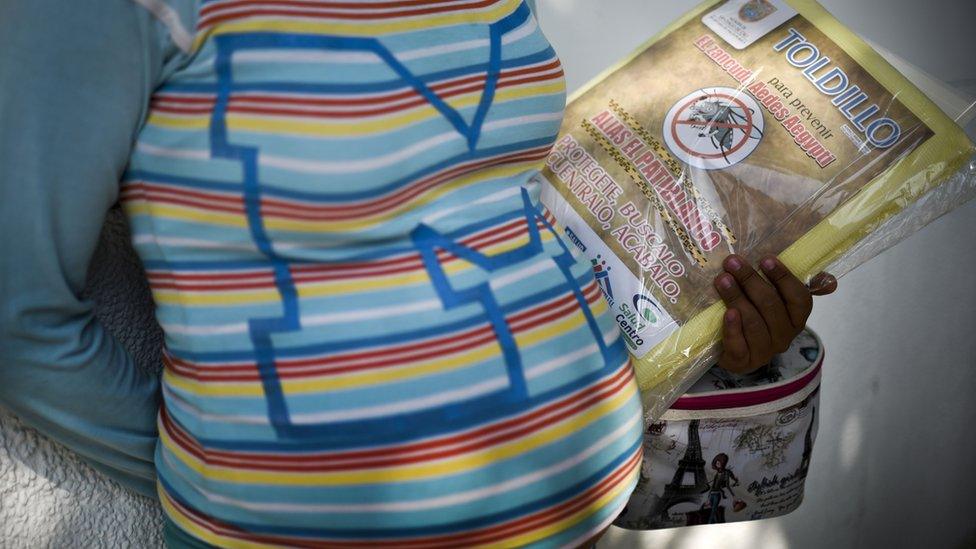Google donates $1m to fight Zika virus
- Published
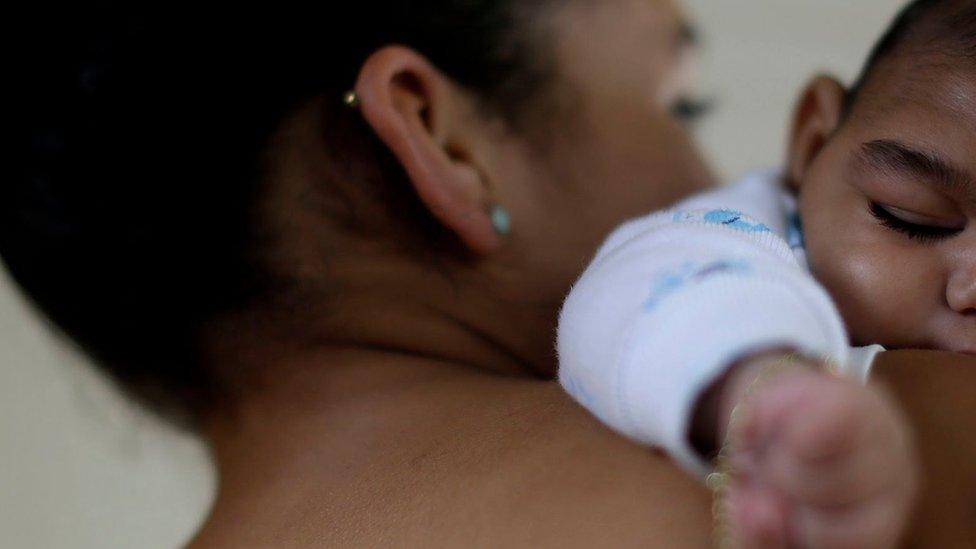
Google's charitable arm has donated $1m (£710,000) to Unicef to help stop the spread of the Zika virus.
The virus is suspected to be linked to a large number of babies born with underdeveloped brains in Brazil.
In February, the World Health Organization declared the Zika virus a global public health emergency.
Google said its grant would help to raise awareness, reduce mosquito populations and support the development of vaccines.
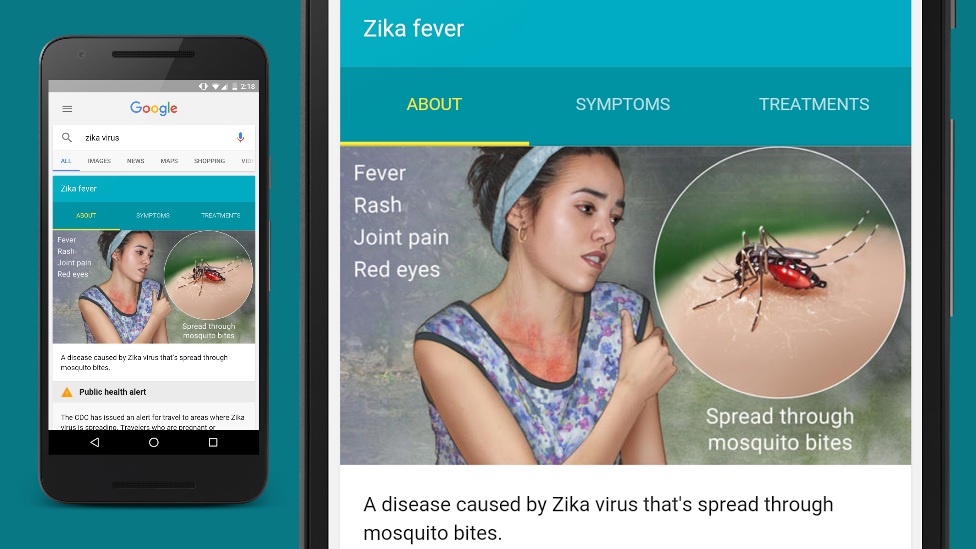
Google has given prominence to Zika information in some countries
"Today we have Google engineers working with Unicef to analyse data, to determine how to map and anticipate the virus," the company said in a blog post, external.
The firm's team of volunteers is designing open-source software that will be able to collate data, such as weather and travel information, to help predict how Zika may spread.
Google said it had also updated its search engine to display detailed information about Zika - available in 16 languages - for visitors to the US and other countries. The company is also working with popular YouTube channels in Latin America to produce information videos about the virus.
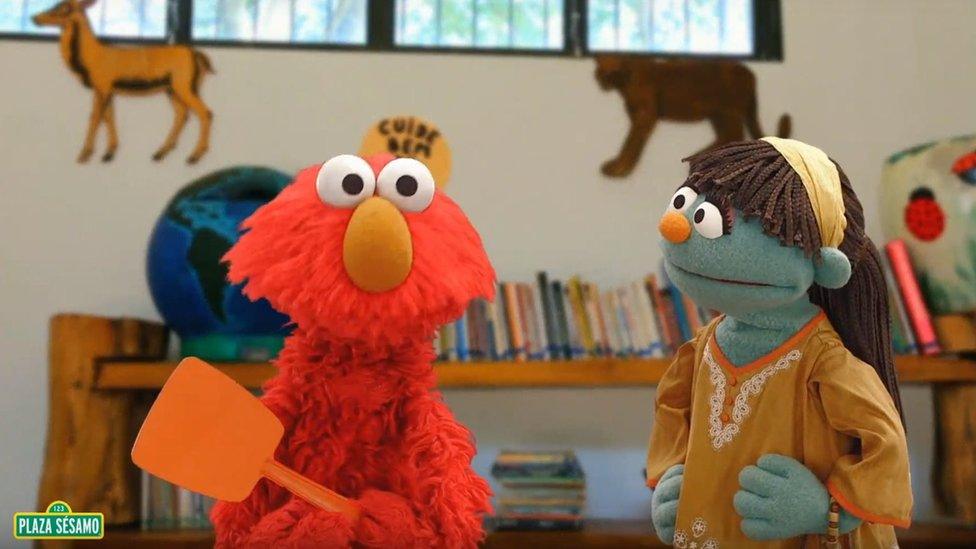
The Spanish-language Sesame Street has produced a video about mosquitos
The World Health Organisation has identified the Zika virus as a serious global threat, in the same category of importance as Ebola.
But unlike Ebola, where aid organisations focused on getting "boots on the ground" to treat patients and prevent transmission, with Zika the attention is on understanding the virus' link with microcephaly.
Microcephaly is when a baby is born with an unusually small head, as the brain has not developed properly.
- Published31 August 2016
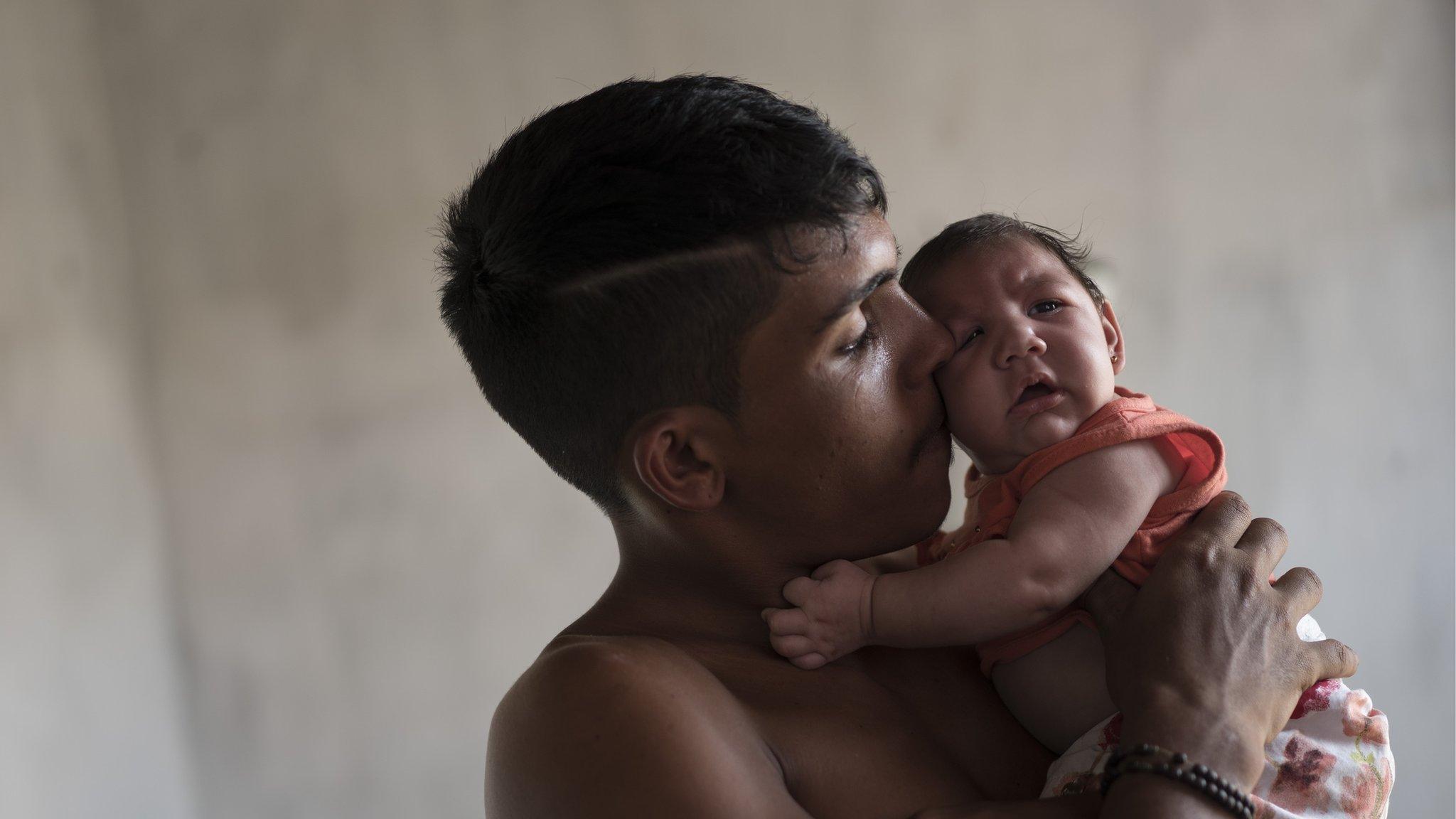
- Published10 February 2016
